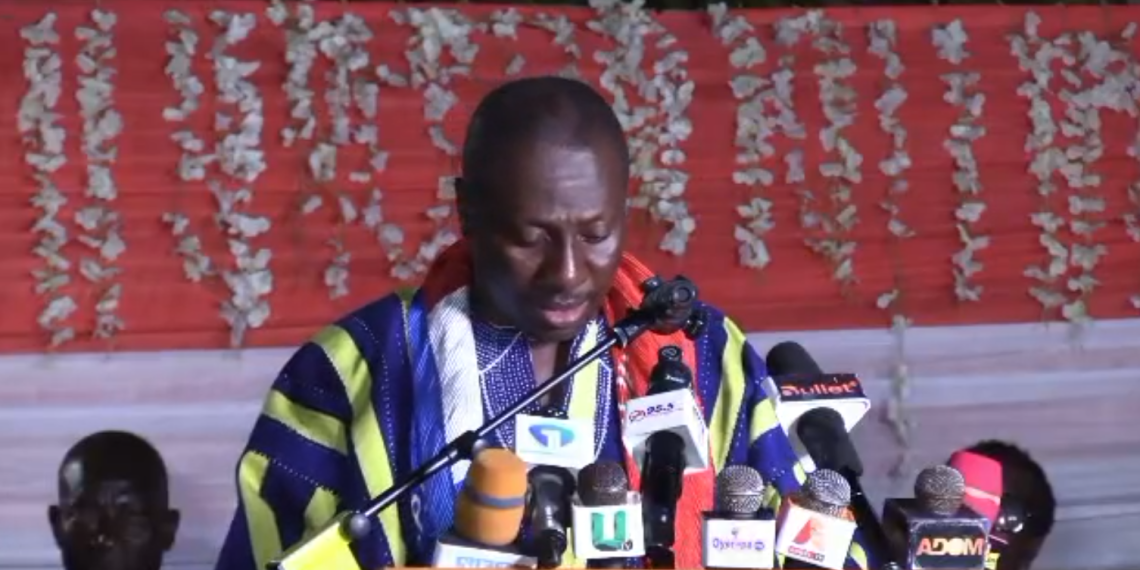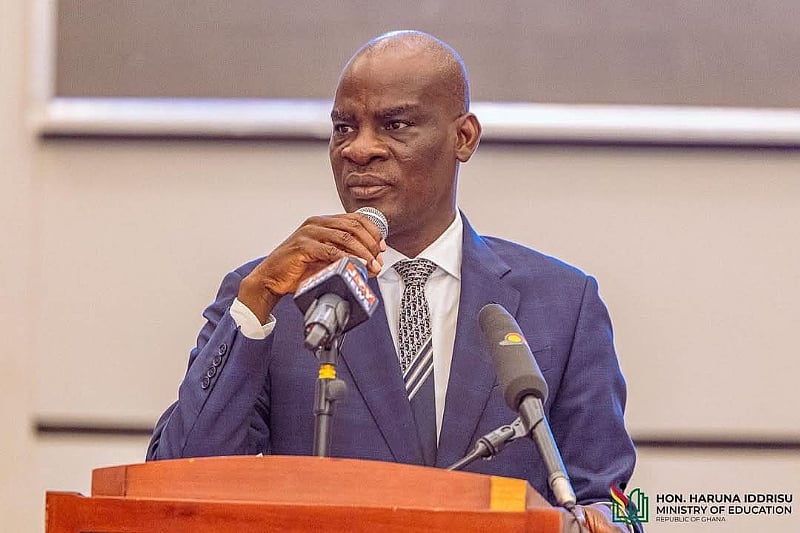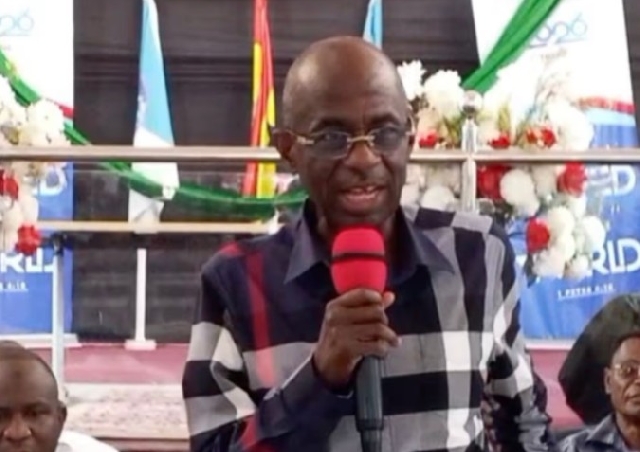Former Deputy Minister for Finance, Dr. Alex Ampaabeng, has firmly rejected suggestions that he is responsible for a potential US$40.3 million loss cited in a recent audit of the Mineral Income Investment Fund’s (MIIF) Gold-for-Reserves Programme.
A JoyNews report had implied that the alleged financial exposure was linked to a No Objection Letter (NOL) signed by Dr. Ampaabeng. In a comprehensive clarification issued on Wednesday, he described the reportage as misleading and damaging, insisting the facts had been misrepresented.
Dr. Ampaabeng explained that MIIF formally requested the No Objection Letter on 19th October 2024.
At the time, the substantive Minister of Finance was out of the country and instructed him via email on 20th October 2024 to issue the NOL on his behalf. Acting on this directive, Dr. Ampaabeng issued the letter, which he stated is properly documented in official records.
He emphasised that the NOL neither authorised MIIF to contract any specific company nor recommended any aggregator. Its purpose, he clarified, was strictly procedural, enabling MIIF’s Board and Management to conduct feasibility assessments for a possible programme expansion.
Dr. Ampaabeng underscored that, by law, the responsibility for selecting aggregators, performing due diligence, and managing risk rests entirely with MIIF’s leadership. “The Minister acted lawfully and in good faith, ensuring that government business was not stalled,” he said, stressing that attempts to assign blame to him misinterpret the Ministry’s limited role.
He further pointed out that the companies listed in MIIF’s original request did not include Goldridge, the firm now at the centre of audit concerns, highlighting that the Ministry had no part in identifying or endorsing any aggregator.
Calling the publication “misleading, incomplete, and tailored for sensational effect,” Dr. Ampaabeng urged the National Media Commission to scrutinise such reporting, warning that inaccuracies can damage reputations and mislead the public.
Source: Apexnewsgh.com











